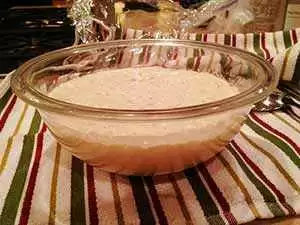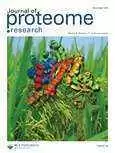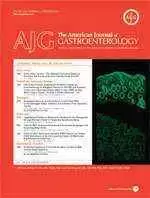Celiac.com 04/19/2012 - A team of researchers examined the effect of corn, rice and amaranth gluten-free sourdoughs on the release of nitric oxide (NO) and synthesis of pro-inflammatory cytokines by duodenal mucosa biopsies of eight celiac disease patients.
 The research team included Maria Calasso, Olimpia Vincentini, Francesco Valitutti, Cristina Felli, Marco Gobbetti and Raffaella Di Cagno.
The research team included Maria Calasso, Olimpia Vincentini, Francesco Valitutti, Cristina Felli, Marco Gobbetti and Raffaella Di Cagno.
Celiac.com Sponsor (A12):
The team used select lactic acid bacteria as starters for making corn, rice and amaranth sourdoughs. From these gluten-free sourdough matrices, they made chemically acidified doughs, without bacterial starters, and doughs started with baker’s yeast alone.
They produced pepsin-trypsin (PT) digests from all sourdoughs and doughs, and used the results to the measure the recovery of biopsy specimens from eight celiac disease patients at diagnosis. They also measured the release of NO and the synthesis of pro-inflammatory cytokines interferon-γ (IFN-γ).
They found that lactic acid bacteria acidified and grew well (ca. log 9.0 CFU/g) during fermentation, showing strong proteolysis on all gluten-free samples.
They also found that duodenal biopsy specimens still released NO and IFN-γ when subjected to treatments with basal medium (control), PT-digest from chemically acidified doughs and PT-digest from doughs fermented with baker’s yeast alone.
In fact, in every case, biopsy specimens treated with PT-digests from all gluten-free matrices with sourdough fermentation substantially reduced NO release and IFN-γ synthesis.
From their results, the team concludes that sourdough fermentation might offer an easy and effective way to speed recovery from intestinal inflammation of celiac patients beginning a gluten-free diet.
Source:
-
Open Original Shared Link







Recommended Comments